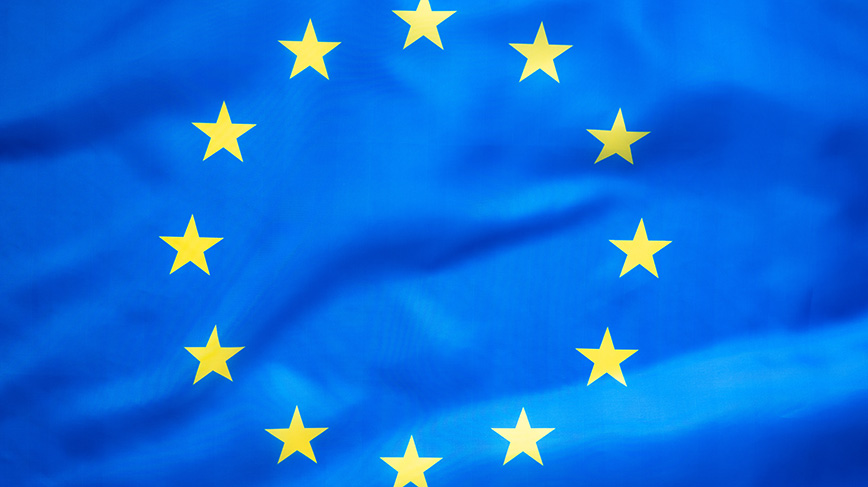The Unite network is creating a future European university

Students can enhance their KTH higher education qualification through selected special courses from other top European universities. Researchers and communities can collaborate more easily between countries.
These are some of the visions of the international Unite network, which is working to create a future European university.
Stefan Östlund, Vice President for Global Relations who is also responsible for KTH’s participation in Unite, is careful to refer to the network of European partner universities as an alliance.
“I usually liken it to an aviation alliance. If you travel with SAS, for example, you gain access to an increased range of travel through the airlines in Star Alliance”, he says.
The Unite project gathered momentum at the same time as the pandemic broke out in 2020, and therefore the overall work adopted a digital focus.
The pilot project includes online courses that partner universities of the different countries offer to each other’s students. Students can take part in a significantly larger range of courses in Unite’s new growing virtual campus without having to travel or relocate.
“If you want, you can for example enhance your KTH education by taking a special course on wind power provided by the University of Lisbon. And at KTH we are opening up our regular courses online for students at other universities”, explains Stefan Östlund.
The intention is to promote physical mobility in the future too – partner universities will be able to easily collaborate in various research and educational contexts with companies, cities and regions in different countries without complications.
The objectives also include the creation of a school for doctoral students with joint announcements, course programmes and supervision.
“We have to be able to handle and simplify the administration around this. At present, this mainly concerns the such things as registration, grades, insurance and study funding. We are trying to find flexible and unbureaucratic solutions between the countries”, Stefan Östlund explains.
Two new members joined in 2022, TU Graz University of Technology in Austria and Wroclaw University of Science and Technology in Poland. So, the Unite group now consists of nine partner universities.
“The development benefits the European cooperation in Unite and is a strength for KTH”, says Stefan Östlund.
“Increased student exchange will be relevant in the future and Unite currently coordinates both communication and administration relating to new research collaborations. This kind of collaboration will take place completely naturally within the alliance.”
Katarina Ahlfort
Photo: Mostphotos

